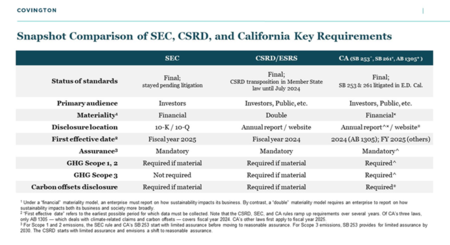from the site, which is right in the heart of Auckland, has seen wildlife thriving.
“We have been trapping in the course for three years and we have caught rats and possums. Over the years our trapping has intensified, and we have seen less predators and more wildlife.”
Rats have a major impact in New Zealand because they eat birds, seeds, snails, lizards, fruit, weta, eggs, chicks, larvae and flowers. Possums also have a significant impact on many of New Zealand’s natural ecosystems and the since the rise of predators, wildlife visibility and sightings have been scarce.
“We have seen and heard 40 species of native and introduced birds on the course such as New Zealand Grebe, brown teal and ruru – two young children whose home neighbours the golf course heard ruru one night during lock down, they toured the course and worked out where they heard the ruru and made nesting boxes to help them breed,” says Spencer.
Julie Kidd, DOC Strategic Partnerships Advisor says supporting communities like golf clubs to start their own trapping initiatives is an important part of predator free work and is an important tool to seeing wildlife in urban centres.
“Auckland is New Zealand’s largest urban centre and predator control initiatives, big or small, can be adopted by anyone who wants to see nature thrive in the city.”
“Golf clubs in Auckland are green oases and supporting them in their fantastic predator control and habitat restoration work not only benefits native species, but also the people who live around these spaces.”
Spencer says the community support for the environmental work and trapping initiatives has been overwhelming.
“It’s rewarding to see birds all over the golf course and seeing our neighbours getting involved and trapping too. We have helped with other trapping projects and seen a large community uptake.
“It’s great to see golf, people and nature thrive together!”.






